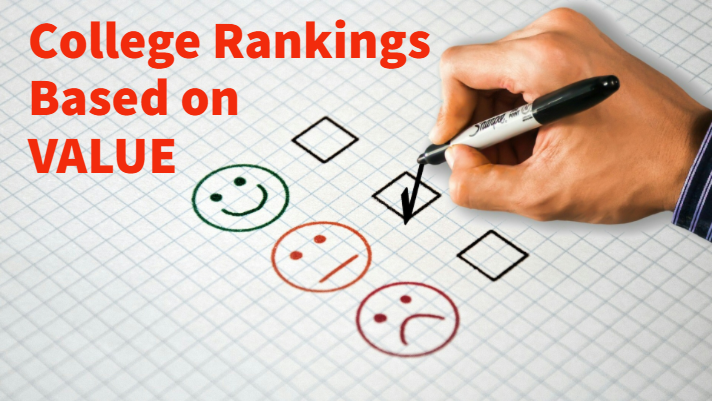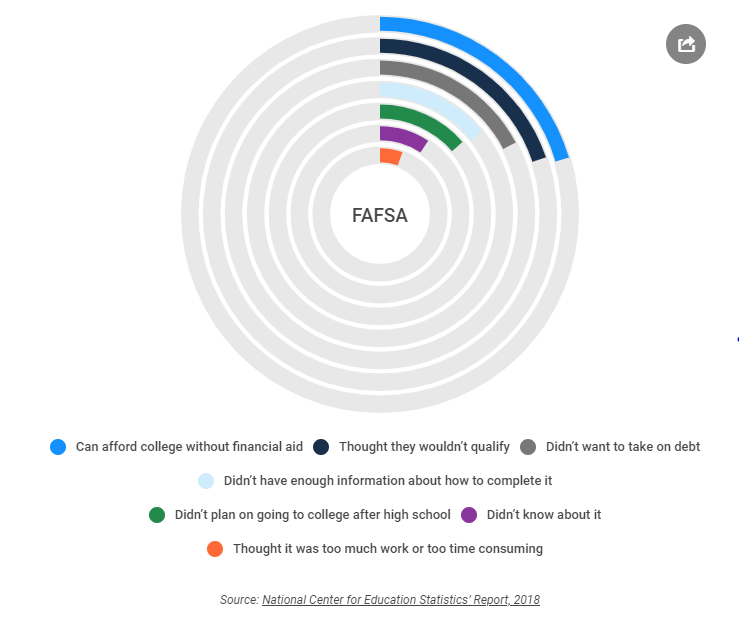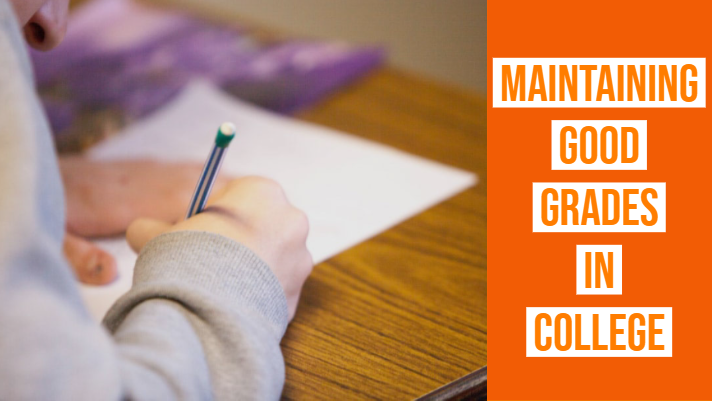
I was in Starbucks the other day and I saw a group of teenagers come in and order triple espressos before school. Now I love a good espresso every now and then, but I got the feeling this was nearly an everyday occurrence with these teens. Could this affect their GPA?
Does coffee affect your student’s ability to excel academically? What about their sleep habits or the drugs they take to stay awake?
A survey was conducted of over 1,000 current college students to determine how their sleep and energy habits affect their GPAs. Is the exhaustion that comes from an all-nighter truly the price students have to pay for good grades? Does that extra cup of coffee offer an advantage over the sleeping student? And what about prescription ADHD medications? Their findings may surprise you.
Here are some excerpts from an article and supporting graphics of the survey results by Best Mattress Brands:
Coffee
With millennials continuing to push coffee demand to record-breaking amounts, studies also continue to reveal the health benefits of the beloved beverage, so college students may see little harm in their caffeine consumption. Drinking coffee can provide an immediate rush of energy to make it to early classes or stay awake late enough to hit the books, but the craving for a boost may be more harmful than we realize. Not only is the extra caffeine in the body’s system preventing a good night’s rest –– also it can negatively impact a student’s GPA.
Our study found as students consume more daily cups of coffee, the lower their GPA becomes, on average. While coffee may provide energy and allow for extra study time, lack of sleep that may result from caffeine can take away from the body’s ability to form long-term memories.
Sleep
the less sleep a student gets, the lower his or her GPA, according to our survey results. While the scientific community still debates the exact purpose of sleep, previous studies have shown that quality sleep is vital for a healthy body and mind, especially when it comes to learning and memory. It shouldn’t be surprising then that students who sleep eight hours or more on school nights see an average GPA improvement of 5 percent over those who get five hours or fewer of sleep each night.
Skimping on sleep may masquerade as a legitimate trade for an increased GPA, but lack of sleep actually increases stress levels instead, while GPAs drop. The long-term benefits of crawling into bed sound much more rewarding than forgoing sleep to cram for another quiz.
Prescription drugs
Adderall and Ritalin have become known as “study drugs” that help students concentrate and stay awake. Although these drugs are used to treat individuals who struggle with attention deficit hyperactivity disorders, their use has spread to students trying to better their grades. But do these drugs live up to the hype?
The study again found that sleep to be a better source of energy than stimulants. The 9 percent of current college students who had a prescription for Adderall or Ritalin slept less and earned a lower GPA on average. Understandably, these drugs often correlate with certain learning disadvantages, so a lower GPA may not be surprising.










